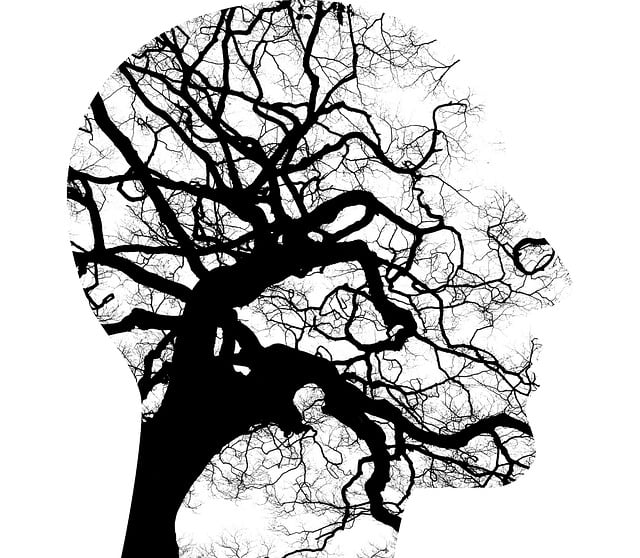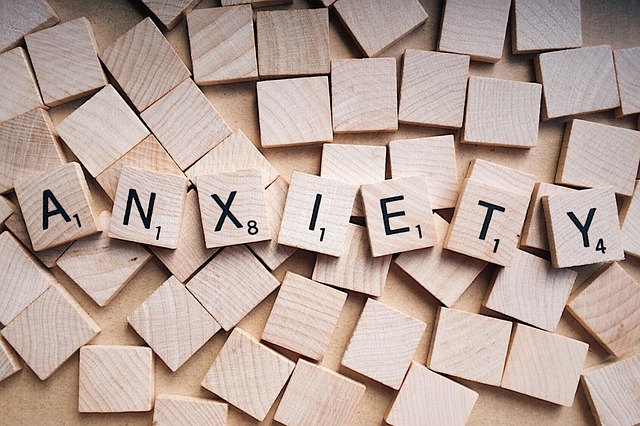Golden EMDR Certified Therapy is a powerful tool for mental health risk management, combining Eye Movement Desensitization and Reprocessing (EMDR) with established practices to safely process traumatic memories. This approach enables therapists to create secure environments, prevent depression, promote emotional regulation, and offer comprehensive mental wellness coaching programs. Effective risk management in mental health involves a multi-faceted strategy including proactive measures, evidence-based practices like Golden EMDR, strong conflict resolution skills, inner strength development, communication tools, and stress management strategies for both therapists and clients to foster resilience and overcome challenges.
Mental health professionals face unique challenges, requiring robust risk management strategies. This article guides you through essential aspects of risk mitigation, focusing on the critical role of Golden EMDR Certified Therapy in enhancing patient safety and well-being. We’ll explore why understanding risk management is paramount and delve into practical strategies for effective planning, ensuring a comprehensive approach to navigate potential risks with confidence.
- Understanding Risk Management in Mental Health Practice
- The Role of Golden EMDR Certified Therapy in Mitigating Risks
- Strategies for Effective Risk Management Planning
Understanding Risk Management in Mental Health Practice

Risk management is an integral aspect of mental health practice, ensuring the well-being and resilience both of clients and professionals. It involves identifying potential hazards and implementing strategies to mitigate their impact, fostering a safe environment for emotional healing processes. For mental health professionals, this includes navigating complex client scenarios, managing intense emotions, and dealing with challenging behaviors while upholding ethical standards.
In the context of Golden EMDR Certified Therapy, risk management planning becomes even more crucial. Eye Movement Desensitization and Reprocessing (EMDR) therapy is a powerful tool for trauma recovery, but it also requires careful consideration of potential risks and triggers. Building resilience is key; professionals must be equipped to handle the emotional intensity that can arise during therapy sessions while promoting mental wellness. Effective risk management strategies involve regular supervision, self-care practices, and clear protocols for handling crisis situations, ultimately enhancing the overall therapeutic experience.
The Role of Golden EMDR Certified Therapy in Mitigating Risks

Golden EMDR Certified Therapy plays a pivotal role in mitigating risks for mental health professionals. This innovative approach, combining Eye Movement Desensitization and Reprocessing (EMDR) techniques with golden standards of therapy, offers a robust framework for addressing complex emotional issues. By facilitating the processing of traumatic memories and negative beliefs, it helps clients achieve profound emotional healing and improved mental wellness.
Incorporating Golden EMDR Certified Therapy into risk management planning enhances depression prevention and promotes emotional regulation among professionals. Through its structured protocol, it enables therapists to create safe spaces for clients to confront and resolve past traumas, thereby reducing the likelihood of relapses and enhancing overall resilience. Moreover, it empowers mental health coaches to develop comprehensive mental wellness coaching programs that cater to individuals seeking not just symptom relief but lasting emotional transformation.
Strategies for Effective Risk Management Planning

Effective risk management planning for mental health professionals involves a multi-faceted approach that incorporates both proactive and reactive strategies. One key component is integrating evidence-based practices such as Golden EMDR Certified Therapy, which has proven successful in treating trauma and enhancing mental wellness. By leveraging these advanced techniques, therapists can better equip themselves and their clients to navigate challenging situations.
Additionally, fostering strong conflict resolution skills and promoting inner strength development are essential elements of risk management. Mental health professionals should be adept at managing interpersonal conflicts that may arise within the therapeutic setting. Equipping both therapist and client with effective communication tools and strategies for stress management empowers them to overcome obstacles and build resilience, thereby enhancing overall mental wellness.
Mental health professionals face unique challenges, making robust risk management planning essential. By integrating Golden EMDR Certified Therapy into their practices, therapists can effectively mitigate risks and enhance client outcomes. This article has explored strategies for understanding and addressing these risks, emphasizing the importance of proactive planning. Adopting comprehensive approaches, such as those outlined here, ensures a safer and more supportive environment for both practitioners and their clients.













